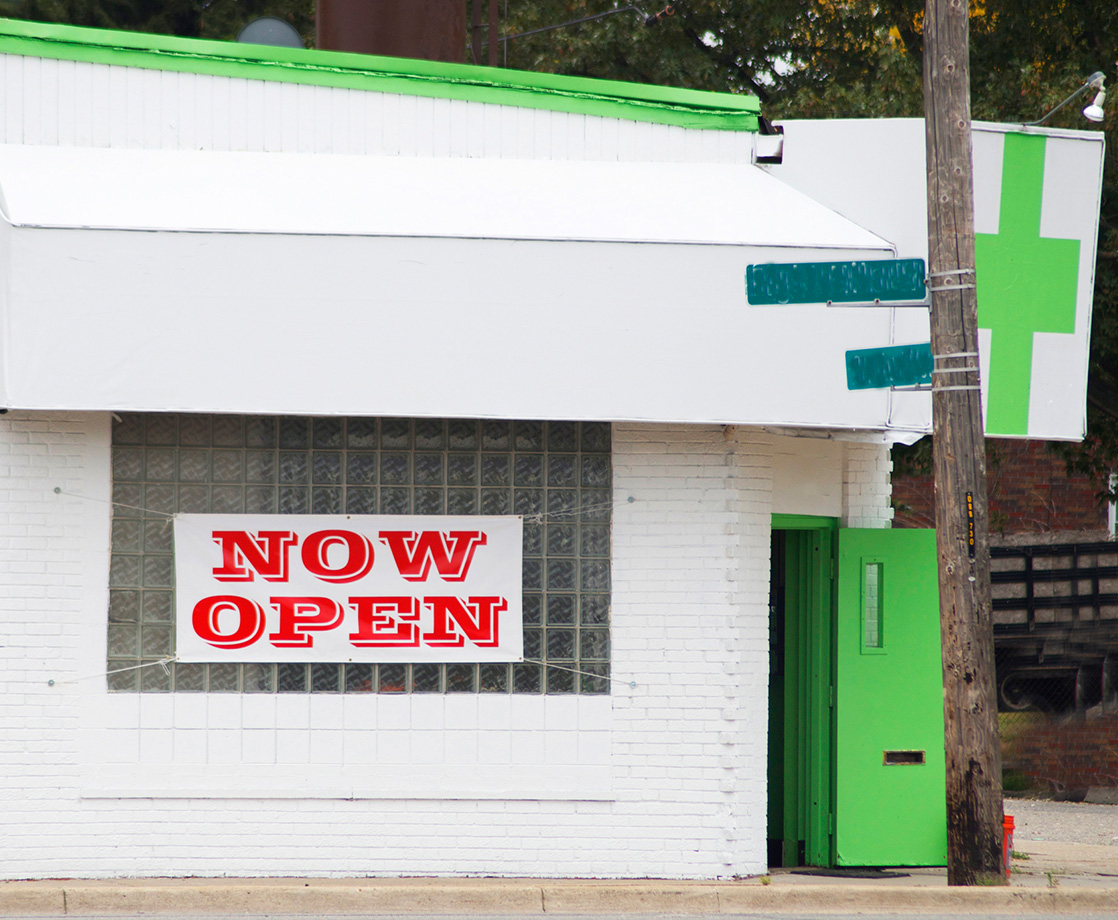This week, the Oakland City Council held a special hearing to debate new rules that would protect the city's residents from being evicted by new cannabis companies. In 2016, the city council designated a long, narrow strip of West Oakland as the "Green Zone," allowing different kinds of cannabis dispensaries and manufacturing companies to set up shop in the area. These neighborhoods were already zoned for food and beverage processing, but there are also at least 25 live/work warehouse buildings already there, offering relatively cheap residential and studio space to artists, craftspeople, and other creative individuals.
Canna-businesses, several of which are based in other states, have been rushing to snatch up all of the available real estate in this sector, and the tenants of these lofts are now finding themselves at risk of eviction. This scenario is already playing out at The Cannery, an East Oakland warehouse that artists have been using as a studio space since the 1970s. Colorado-based cannabis investment fund Green Sage recently purchased the building, which they are planning to gut and transform into a commercial space. More than 30 people currently live in the building, all of whom will be forced to find new homes, a difficult task in the Bay Area's high-priced real estate market.
In order to protect tenants, the city council has proposed amendments to the city's cannabis ordinances that would prevent canna-businesses from taking over spaces currently used as residences. "The lucrativeness of the cannabis industry poses a threat to other land uses in the designated Green Zone, particularly Work/Live spaces that provide space for Oakland's small business, arts, and maker communities," a staff report prepared for the meeting reads, according to Curbed San Francisco. "These units play an important role in supporting Oakland's art and maker communities, as they often provide space for uses that would not be compatible with more traditional commercial and residential uses."
The proposal is "both about preserving the affordability and vitality of the housing range, as well as specifically fostering the arts and creative community," said Councilmember Rebecca Kaplan, co-author of the new legislation, KQED reports. "As we're now moving into this new phase, as adult recreational use has been legalized in California, and there's a lot of growth in the industry, I think it's important that we continue to have responsible regulation that both brings the cannabis industry into effective legal use while also protecting community needs."
Rebecca Firestone, one of the tenants of the Cannery, does not expect to be able to keep her home, and has already made plans to move to the East Coast. "I think a lot of cannabis rights activists never thought this would happen," she said to KALW San Francisco. "A lot of them are small-time mom-and-pop growers. They're people who are very sincere about medical marijuana, and they're advocating kind of for little people; that's not what this is. This is big business. It's not any different from any other kind of big business."











